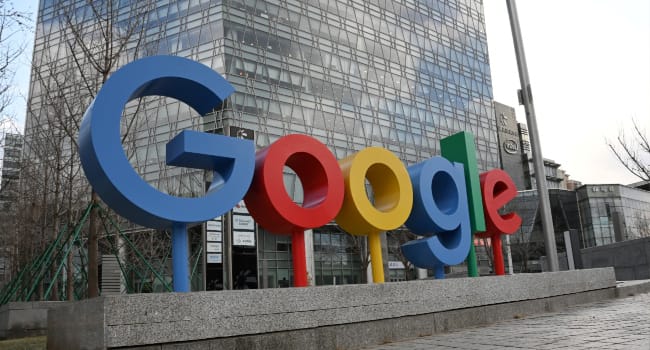Google To Pay Millions To South African News Outlets
Google will pay more than $40 million to support South African news media, many of them floundering in a digital age, the country’s competition authority said Thursday.
Tech giants, including TikTok, X, and Facebook, have come under fire for anti-trust practices that the watchdog says hurt local media by limiting their ability to distribute and profit from their digital content.
In February, the Competition Commission had recommended that Google pay up to $27 million a year for five years, following a 16-month investigation that found Google searches favoured international news over local outlets.
But the California-based company ultimately agreed to a 688 million-rand ($40.4-million) funding package, the commission said Thursday as it released its final report.
Under the agreement, $4 million will go to national publishers and broadcasters over five years for content on Google News, while $2.6 million will be allocated annually to support AI innovation.
Community and small media outlets will receive $2.2 million over three years to support digital transformation.
“Google will also introduce new user tools to prioritise local news sources, provide technical assistance to improve website performance, share enhanced audience data,” the commission said, adding that YouTube had also agreed to support monetisation.
The platforms also committed to removing algorithmic bias favouring foreign outlets, it said.
Similar funding deals have been reached in countries including Taiwan, Canada, Australia, and the United States in the face of mounting pressure from governments to introduce regulations requiring such arrangements.
Chinese social media platform TikTok had meanwhile agreed to provide new tools, including allowing media to insert links within videos to monetise off-platform content.
Social media platform X, owned by South African-born billionaire Elon Musk, did not reach a settlement and has been ordered to make all monetisation programmes available to local publishers and to provide training workshops.
The directive can be appealed, the commission said.




